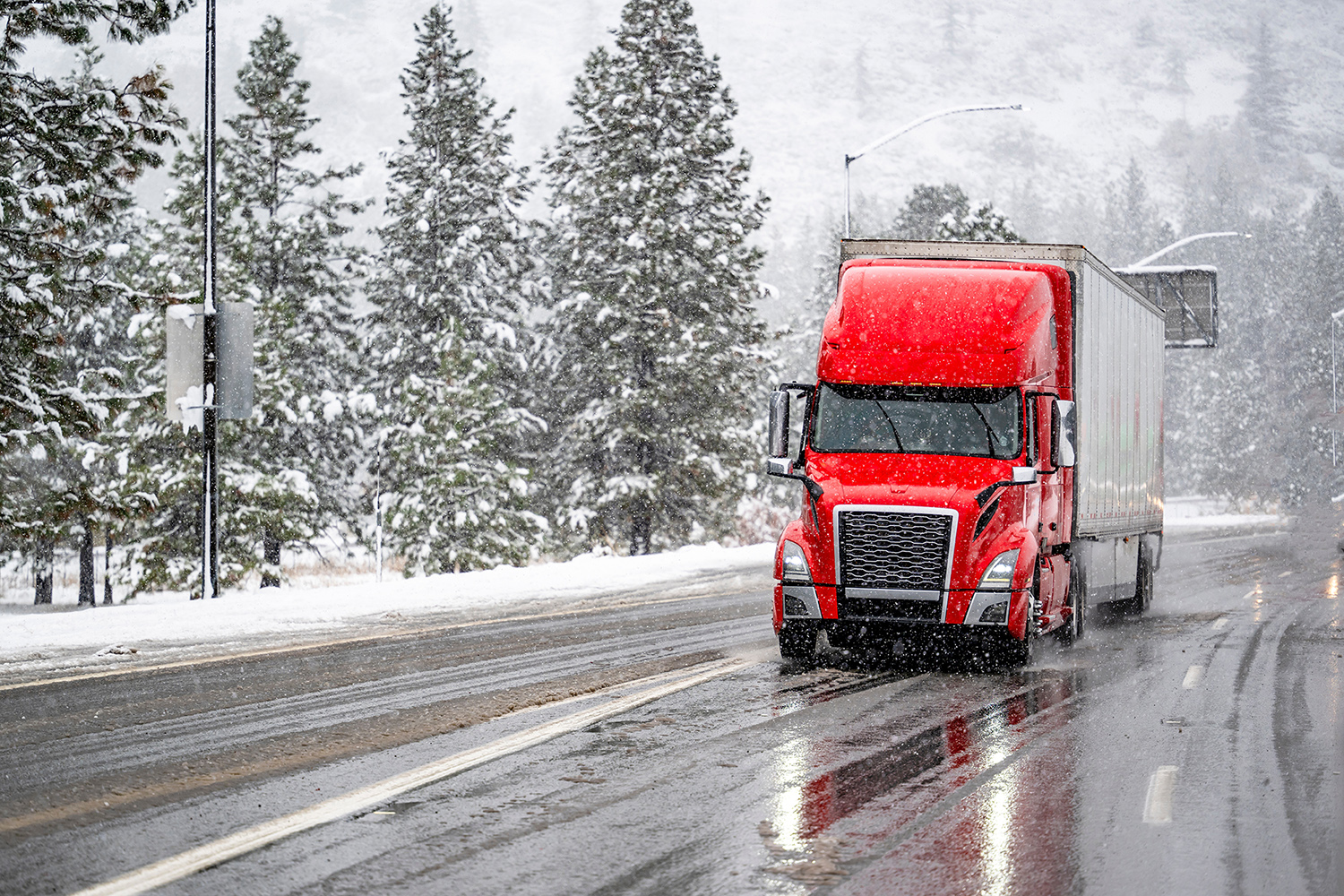When the temperature drops and winter sets in, your truck’s fuel efficiency can take a hit. Cold weather has a significant impact on vehicle performance, and understanding why this happens can help you take steps to mitigate the effects and keep your truck running smoothly.
One of the primary reasons for reduced fuel efficiency in winter is the effect of cold temperatures on your truck’s engine. In cold weather, engine oil thickens, which creates more resistance and makes the engine work harder. This results in increased fuel consumption until the engine warms up. Modern engines are designed to reach their optimal efficiency at a certain operating temperature, and cold weather delays that process.
Tire pressure also plays a crucial role in fuel efficiency. Cold air causes tire pressure to drop, leading to underinflated tires. When tires are not properly inflated, they create more rolling resistance, which requires the engine to use more fuel to maintain speed. Checking and maintaining proper tire pressure throughout the winter months can help mitigate this problem.
Additionally, winter-grade fuel, which is often used in colder regions, has different properties than summer-grade fuel. It’s formulated to prevent freezing and improve cold-weather performance, but it also has lower energy content, meaning your truck may burn more fuel to produce the same power.
Short trips in winter exacerbate fuel inefficiency. Since the engine takes longer to reach its optimal temperature, short drives mean your truck may never operate at peak efficiency, leading to increased fuel consumption.
Another factor is the increased use of energy-draining features like heaters, defrosters, and heated seats. These put additional strain on the battery and alternator, which in turn causes the engine to work harder and consume more fuel.
To combat the effects of cold weather on your truck’s fuel efficiency, consider these tips:
- Warm up your truck for no more than 30 seconds before driving. Modern engines warm up faster when in motion.
- Maintain proper tire pressure by checking it regularly.
- Use a block heater if you live in extremely cold climates.
- Plan your trips efficiently to avoid multiple short drives.
- Remove excess weight and roof racks when not in use to reduce drag.
By understanding how cold weather affects your truck’s fuel efficiency and taking proactive steps, you can minimize fuel consumption, save money, and keep your truck performing at its best all winter long.




